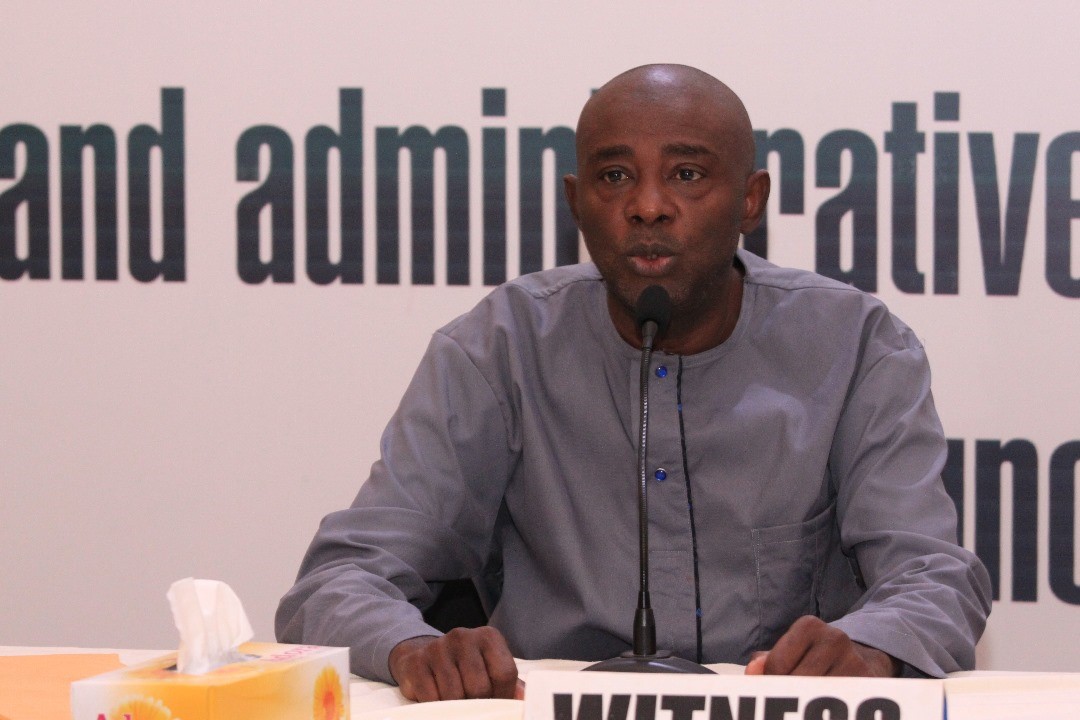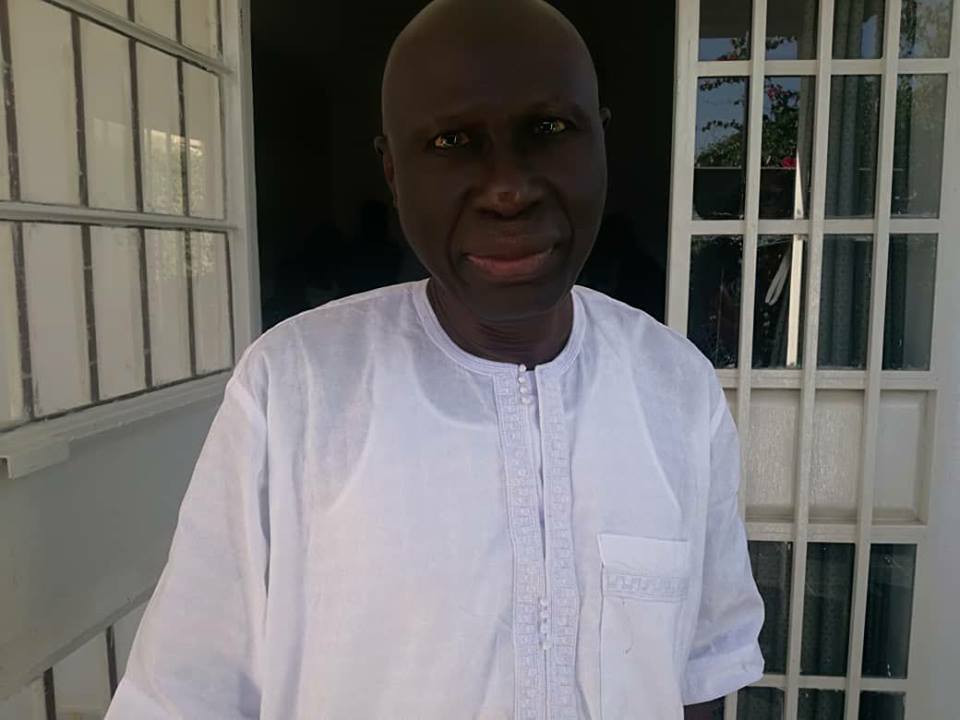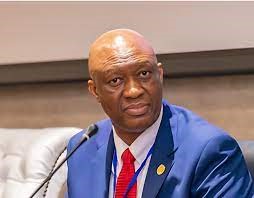By: Fatou Krubally
An ongoing investigation into the Banjul City Council’s (BCC) handling of a €3.1 million European Union-funded project has uncovered troubling allegations of financial mismanagement, conflicts of interest, and questionable procurement practices.
Testimonies before the Local Government Commission of Inquiry have exposed a pattern of administrative lapses and a lack of accountability in overseeing the project.
BCC Administrative Manager Sandigie Njie described a system where key project implementers also acted as overseers, raising concerns about governance and transparency.
“The same individuals handling the project were also in charge of its oversight. That’s a major problem,” Njie stated, pointing to a lack of independent supervision.
He further revealed that key personnel, including Field Coordinator Buba Camara and Accountant Ndey [last name unclear], were appointed without undergoing interviews. Both later resigned under suspicious circumstances, allegedly after disagreements with the CEO and steering committee, hinting at potential conflicts of interest.
Procurement processes also came under scrutiny, with Njie highlighting that Kebba and Sons, a private firm, secured a significant share of project contracts without clear justification. He noted that auditors had raised red flags, and he had personally written to the CEO about the irregularities, but his concerns were ignored.
BCC’s Director of Internal Audit, Sanna Sawaneh, presented financial records from 2020, 2021, and 2023, including income statements and audit reports, which he said detailed systemic lapses. His review of 2023 financial operations, along with assessments from the second and third quarters of that year, reinforced concerns about the management of project funds.
Further testimony from Yusupha Jallow, the Acting Director of Administration, highlighted broader administrative irregularities within the council. Jallow, a long-serving BCC employee, revealed that some staff were hired directly by the mayor without following due process. Additionally, he disclosed that employees were able to obtain loans from the CEO’s office without a formal policy in place, further underscoring weak financial controls.
As the commission continues its probe, the revelations raise serious questions about the handling of public funds and the integrity of financial management at BCC. The findings are likely to intensify calls for greater oversight and accountability in the council’s operations.





